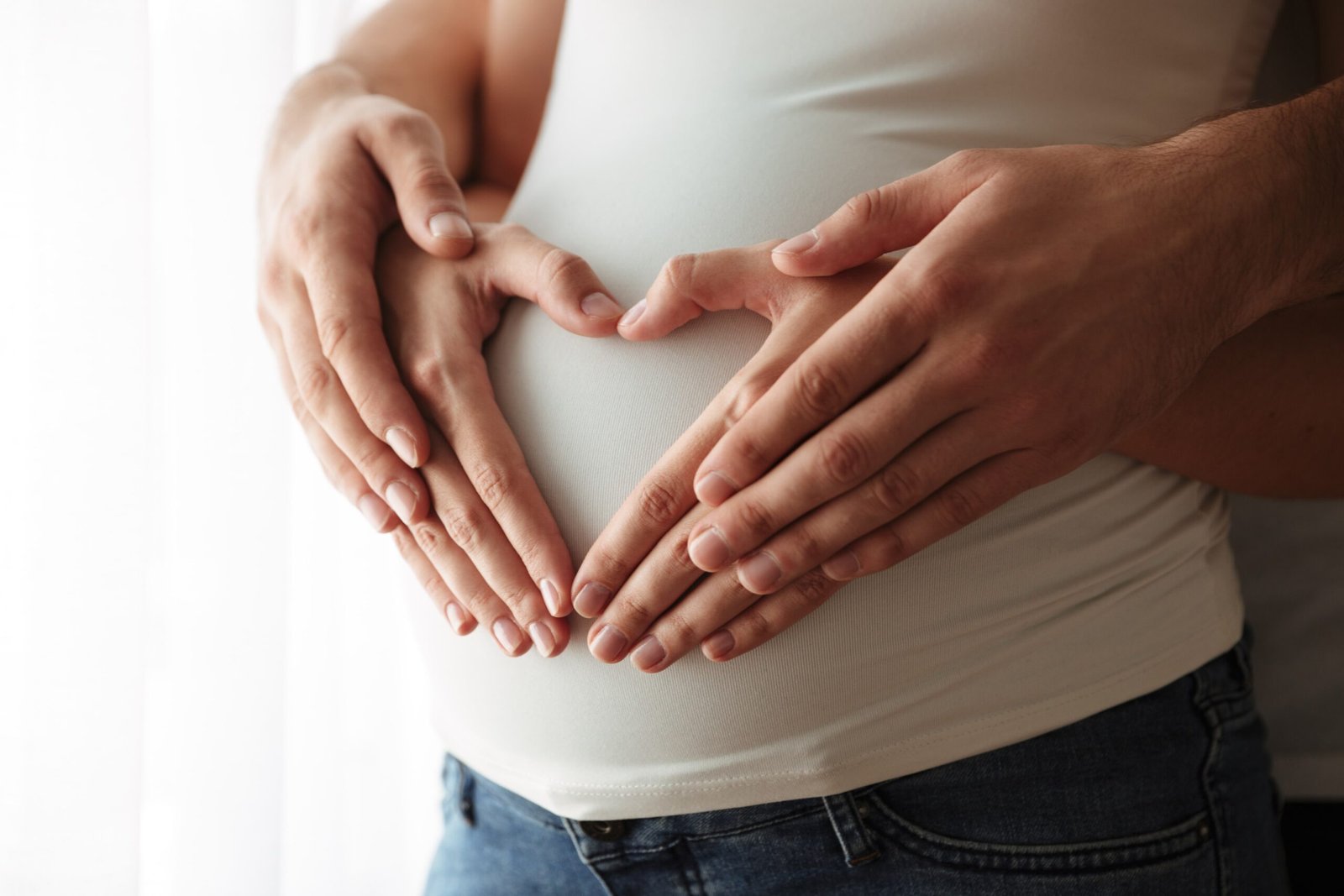Pregnancy and Aging – Exploring the Dynamic Intersection of Life’s Greatest Joys and Challenges for Women on the Path to Fulfillment and Wisdom.

Pregnancy is a miraculous journey, an experience that profoundly shapes a woman’s body and soul. From the visible changes to the subtle shifts within, the transformative power of motherhood is undeniable. Yet, beneath the surface, lies a fascinating revelation: pregnancy may not only reshape a woman’s body but could also accelerate the aging process.
In a groundbreaking study conducted by scientists at the esteemed Columbia University Mailman School of Public Health in New York, a profound connection between pregnancy and aging has been uncovered. Published in the prestigious Proceedings of the National Academy of Sciences, this research delves into the genetic makeup of 1,735 individuals over the long term, shedding light on the intricate relationship between reproductive history and biological aging.
Does Pregnancy Cause Aging? Does Pregnancy Make You Age faster? Let’s understand the relation between Pregnancy and Aging!
Venturing beyond borders, the study extended its reach to the Philippines, exploring how pregnancy influences the aging process. Employing cutting-edge genetic tools known as epigenetic clocks, researchers assessed biological age based on DNA methylation patterns—a key mechanism regulating gene expression. What emerged from this comprehensive analysis was both remarkable and concerning.
Each pregnancy a woman reported appeared to usher in an additional two to three months of biological aging, as revealed by the study’s findings. Furthermore, women with a higher frequency of pregnancies within a six-year span exhibited a more pronounced acceleration in biological aging. Lead author Calen Ryan, an associate research scientist at the Columbia Aging Center, emphasized the significance of these discoveries in an interview with The Guardian.
“Our findings suggest that pregnancy may hasten biological aging, particularly among young women with high fertility rates,” Ryan explained. “This study is the first of its kind to track women over time, establishing a direct correlation between pregnancy frequency and changes in biological age.”
The implications of these findings extend beyond mere curiosity, offering insights into the challenges faced by pregnant women, especially during crucial developmental stages. Many of the reported pregnancies occurred during late adolescence, a period marked by significant growth and development. Limited access to healthcare and resources during this critical phase may exacerbate the toll of pregnancy on maternal health.
Yet, amidst these revelations, there remains a vast landscape of unanswered questions about pregnancy and aging. Ryan underscores the need for further exploration into the role of pregnancy and reproduction in aging process. Long-term consequences of accelerated epigenetic aging raise concerns about its potential impact on future health outcomes and mortality.
As we navigate the complex terrain of reproductive health, this study serves as a poignant reminder of the multifaceted nature of pregnancy. Beyond its role in bringing new life into the world, pregnancy holds profound implications for a woman’s biological age and overall well-being.
In the pursuit of scientific knowledge, we continue to unravel the mysteries of pregnancy and aging, paving the way for a deeper understanding of the human experience. With each discovery, we move closer to empowering women with the tools and knowledge needed to navigate the transformative journey of motherhood with grace and resilience.
Related FAQs
As women age, fertility decreases due to declining egg quality and quantity. This can make it more challenging to conceive naturally. Additionally, older women may have a higher risk of pregnancy complications, such as miscarriage, chromosomal abnormalities, and gestational diabetes.
Yes, pregnancy later in life carries certain risks, including an increased likelihood of pregnancy-related conditions such as hypertension, gestational diabetes, and placental abnormalities. There’s also a higher chance of cesarean delivery and potential long-term health implications for both the mother and the child.
Prior to conception, older women should focus on maintaining a healthy lifestyle, including regular exercise, a balanced diet rich in essential nutrients, and managing chronic health conditions. Consulting with a healthcare provider is crucial to assess any pre-existing conditions and ensure optimal health before pregnancy.
There are various support networks and resources tailored to older mothers, including support groups, online forums, and educational materials. Additionally, healthcare providers specializing in maternal-fetal medicine can offer specialized care and guidance throughout the pregnancy journey.
It’s essential for older mothers to prioritize self-care and support during the postpartum period. This may involve enlisting help from family or hiring a postpartum doula, focusing on adequate rest, nutrition, and seeking emotional support if needed. Regular follow-up appointments with healthcare providers can also ensure proper recovery and address any postpartum concerns.
